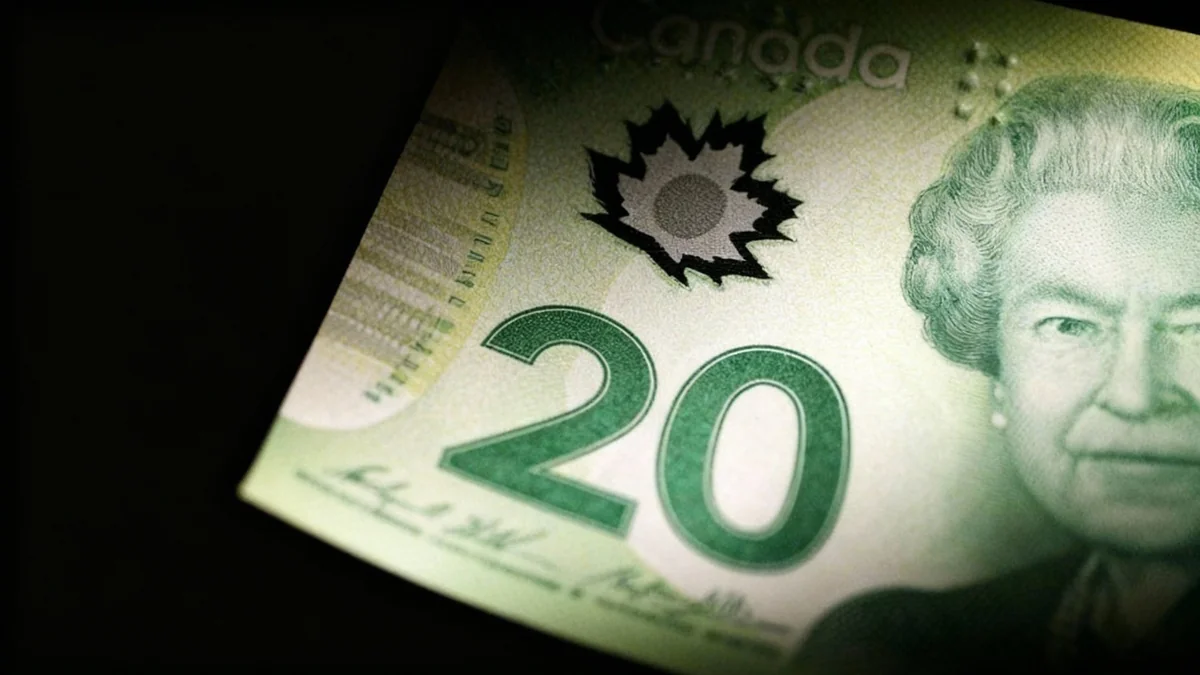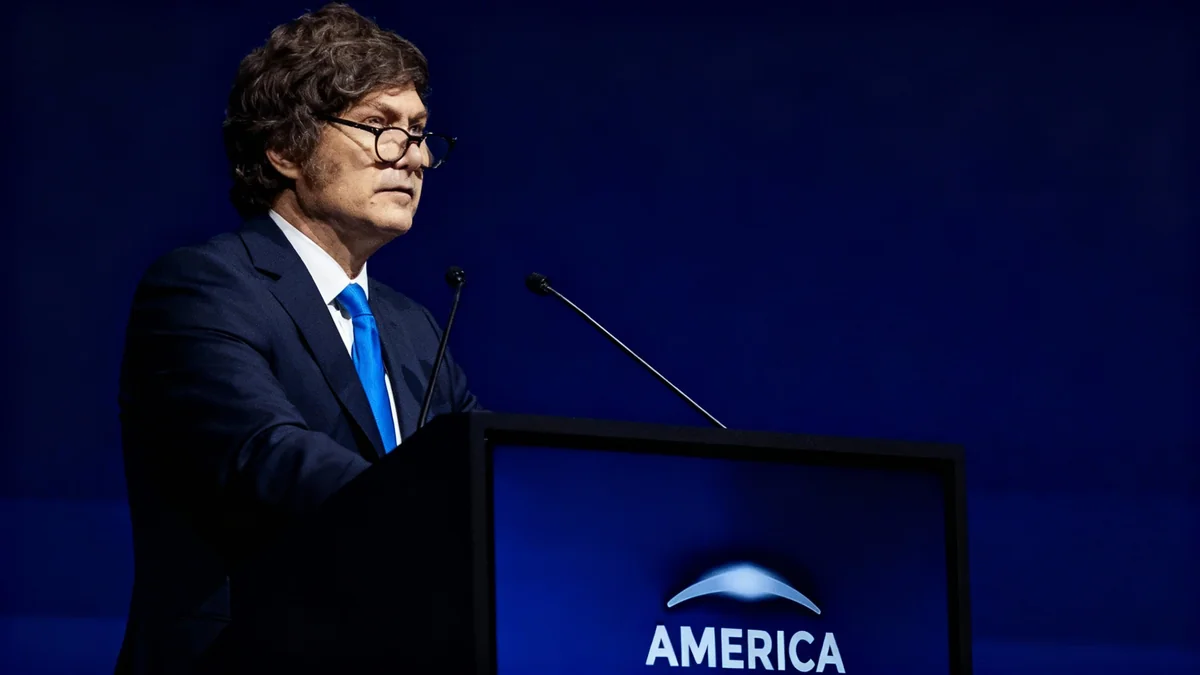Bank of England Governor Andrew Bailey has stated that UK interest rates still have "some further journey down to go," signaling a potential for future rate cuts. However, he emphasized that the timing and scale of any reductions will be strictly guided by the downward path of inflation.
In an interview, Bailey also pointed to a cooling labor market and cautious consumer spending as key factors influencing the economic outlook. His comments were interpreted as dovish by markets, leading to a notable decline in the value of the Pound Sterling.
Key Takeaways
- Future Rate Cuts Expected: Governor Andrew Bailey indicated that the Bank of England foresees additional reductions in interest rates.
- Inflation is Key: The pace and timing of any cuts are entirely dependent on inflation continuing its decline toward the 2% target.
- Economic Slowdown: Bailey highlighted a softening UK labor market and reduced consumer spending as signs of economic caution.
- Market Reaction: The remarks caused the Pound Sterling to fall, with the GBP/USD currency pair dropping 0.7% to 1.3430.
Governor Bailey on the Path for Monetary Policy
Speaking with West Midlands Magazines, Andrew Bailey provided a clear indication of the central bank's current thinking. He suggested that the cycle of monetary easing has not yet concluded.
"There is still some further journey down in interest rates to go," Bailey stated directly.
However, he was quick to manage expectations, adding a crucial condition to this outlook. "But exactly when that will be and how much it will be will depend on the path of inflation going down," he clarified. This ties future monetary policy decisions directly to incoming economic data, particularly the Consumer Price Index (CPI).
This data-dependent approach is standard for central banks, ensuring they do not act prematurely and risk a resurgence in price pressures. The Bank's Monetary Policy Committee (MPC) will continue to assess inflation reports and other economic indicators before making any decisions.
Economic Headwinds: Labor Market and Consumer Caution
Governor Bailey detailed the underlying economic conditions that support a more dovish stance. He noted that there is evidence of softening in the UK labor market, which can reduce wage-driven inflation. A cooling jobs market often precedes a broader economic slowdown.
Furthermore, Bailey observed a significant degree of caution among UK consumers. This hesitancy is directly impacting economic activity.
Consumer Spending Slowdown
According to Bailey, consumers are displaying cautious behavior, which has a direct effect on the UK economy. "People are being quite cautious at the moment. Of course, that affects spending, so that has an effect on the state of the economy because there isn’t as much," he explained.
He elaborated on the specific areas where this slowdown is visible. "People aren’t going out as much, they’re not shopping as much, they’re not going out to restaurants and so on as much that affects the overall state economy," Bailey said. This reduction in discretionary spending is a strong signal that higher interest rates and cost-of-living pressures are weighing on household budgets.
Immediate Impact on the Pound Sterling
Financial markets reacted swiftly to Governor Bailey's comments. His remarks were categorized as dovish, meaning they favor lower interest rates to stimulate the economy. This stance typically makes a currency less attractive to foreign investors seeking higher returns.
As a result, the Pound Sterling faced immediate bearish pressure. Following the interview, the GBP/USD currency pair fell by 0.7% to trade at 1.3430, marking a significant move for the day. This decline reflects market expectations that the interest rate differential between the UK and other major economies, particularly the US, may narrow if the BoE cuts rates.
Currency traders and investors will now watch upcoming UK inflation and employment data even more closely for clues about the timing of the BoE's next move.
Understanding the Bank of England's Role
The Bank of England (BoE) is the central bank of the United Kingdom. Its primary mandate is to maintain price stability, which it defines as keeping the inflation rate at a steady 2%. The main tool it uses to achieve this is the Bank Rate, the interest rate at which it lends to commercial banks. Changes to this rate influence interest rates across the entire economy, from mortgages to business loans.
How Monetary Policy Influences the Economy and Currency
The Bank of England's decisions on interest rates have a profound effect not only on the domestic economy but also on the value of the Pound Sterling. Understanding this mechanism is crucial for interpreting the market's reaction to comments like Governor Bailey's.
The Impact of Interest Rate Changes
When inflation is running above the 2% target, the BoE typically raises interest rates. This action makes borrowing more expensive for both individuals and businesses, which helps to cool demand and bring inflation down. For global investors, higher UK interest rates make holding Sterling-denominated assets more attractive, leading to increased demand for the currency and strengthening its value.
Conversely, when inflation is below target or the economy is slowing, the BoE may lower interest rates. This cheapens credit, encouraging businesses to invest and consumers to spend, thereby stimulating economic growth. However, lower rates make the UK a less attractive destination for international capital, which can weaken the Pound Sterling.
Advanced Tools: QE and QT
In more extreme economic circumstances, the Bank of England can deploy other monetary policy tools.
- Quantitative Easing (QE): This policy is used when simply lowering interest rates is not enough to stimulate the economy. The BoE creates new money electronically to purchase assets, primarily government bonds, from financial institutions. This process increases the money supply and encourages lending and investment. QE is generally considered negative for a currency's value.
- Quantitative Tightening (QT): As the name suggests, QT is the reverse of QE. It is implemented when the economy is strong and inflation is rising. The BoE stops purchasing new bonds and does not reinvest the proceeds from its maturing bonds, effectively removing money from the financial system. This action tightens monetary conditions and is typically supportive of the Pound Sterling.
Governor Bailey's recent comments suggest the Bank is firmly in a phase where it is considering easing policy through rate cuts, having moved away from the tightening cycle that included both rate hikes and QT.





